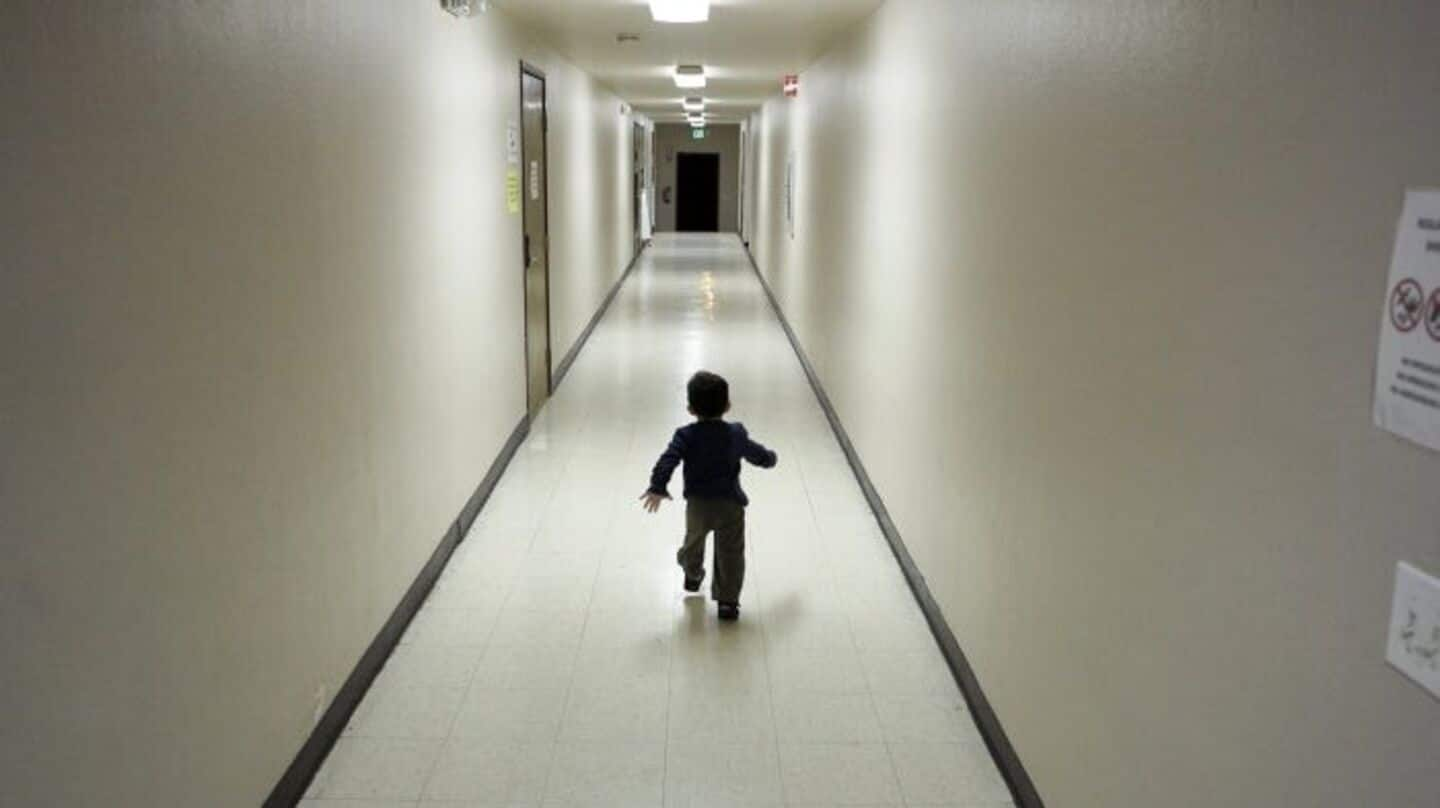
As juvenile backlog cases pile up, 50,000 children await justice
What's the story
Over 50,000 children in conflict with the law are awaiting justice in India, as more than half of the cases at 362 Juvenile Justice Boards (JJBs) remain pending. The shocking statistic was revealed in a new India Justice Report (IJR) study released on Thursday. The study found that even after 10 years of the Juvenile Justice Act coming into force, there are still noticeable flaws in the way justice is delivered, including under-inspected homes, missing judges, and data systems.
Case backlog
55% of cases pending, Odisha worst affected
As of October 31, 2023, a staggering 55% of the total 100,904 cases before JJBs were pending. The pendency rate varies widely across states, with Odisha having the highest at 83%, while Karnataka has the lowest at 35%. Despite nearly all districts having set up JJBs, one in four boards function without a complete bench, the study said.
Systemic issues
Systemic limitations hinder timely support and rehabilitation
The report also highlights that systemic limitations continue to hinder timely support and rehabilitation for juveniles. In 2023, 40,036 juveniles were apprehended in 31,365 cases under the Indian Penal Code (IPC) and special laws. Most of these apprehended juveniles are aged between 16-18 years. The report also points out that 30% of JJBs lack attached legal services clinics. Further, 14 states and Jammu and Kashmir do not have places of safety for housing children above 18.
Data challenges
Data transparency issues plague juvenile justice system
Oversight of Child Care Institutions (CCIs) is also inadequate, with only 810 out of the required 1,992 inspections conducted across 166 homes. The study also highlights a severe lack of publicly available national-level data on juvenile justice. With no counterpart to the National Judicial Data Grid for JJBs, the IJR team had to file more than 250 RTI applications. Of over 500 replies received from 28 states and two Union Territories, only 36% provided usable information, highlighting major transparency issues.